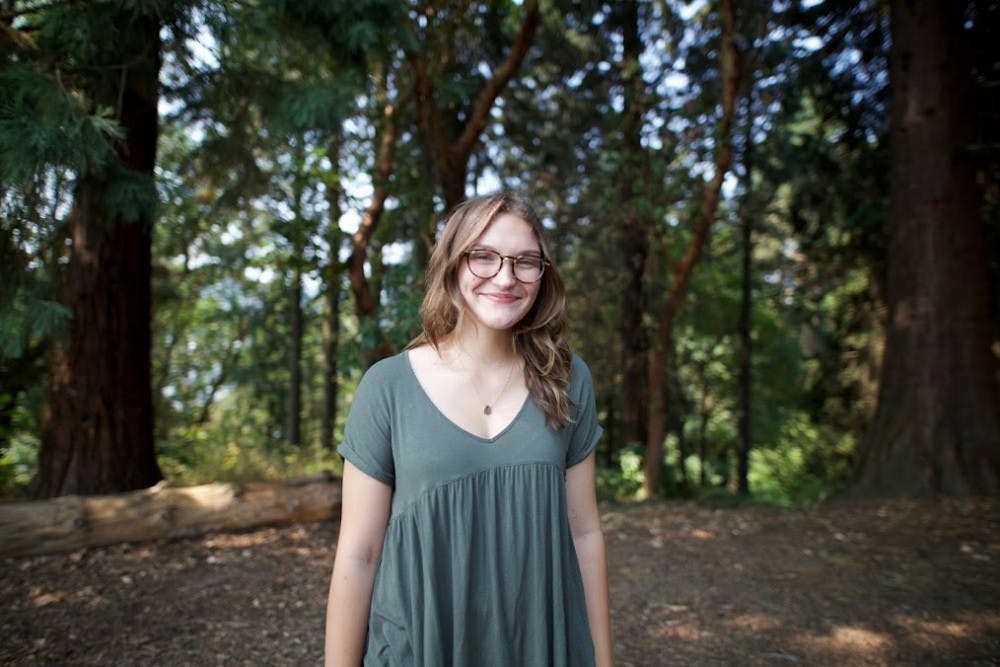Saving the planet doesn’t have to be overwhelming. News of ocean acidification, melting ice caps, species drawing closer to extinction and exploitation of natural resources riddle the media. Sometimes, efforts to live a greener life may feel a bit hopeless.
Frankly, making a difference, no matter how small it seems, is as easy as seeing that climate change is really happening.
Ditch the one-use water bottles and coffee cups in exchange for a reusable one. Starbucks alone generates four billion disposable cups a year that end up in landfills. Few places are able to integrate the cups into their recycling, and many cities don’t accept.
The Starbucks coffee sleeves are now 100 percent recyclable, but if you don’t need one, don’t take one. Even try saving the perfectly clean sleeve for the next time you grab a drink. Take a reusable cup to the next social gathering you attend.
Another simple solution is to stop using straws. 500 million straws are used a day and then tossed minutes after. Straws and other plastic products account for a majority of debris in the ocean. They then circulate through ocean currents where they harm marine life. The health of sea turtles is jeopardized when straws get lodged within sea turtles’ nasal passages. Birds also consume plastics, mistaking them for food, and they are indigestible.
An estimated 13 million pounds of clothing are thrown away every year in the United States, amounting to nine percent of un-recycled waste. As companies move to more eco-friendly means of production, individuals can help by shopping secondhand. Next time, donate or sell unwanted items instead of throwing them into the trash. Shop at Goodwill, on secondhand apps and on Etsy for handmade items to reduce waste and the production of cheap clothing that has a short life.
Although it may not be easy on a college budget, be open to alternatives. Shop locally at markets, stands or shops for produce and meat. Commit to eating meatless for a day a week or only eating sustainable sushi. The oceans are largely overfished. Nets are not selective. They trap and kill multiple species, even the ones that are not being fished for, killing them for no reason. Use the app or website Seafood Watch to discover sustainably caught sushi options close to your location.
When you are feeling uninspired or have reverted to old habits, watch a quick documentary or find a short podcast or article. The education and awareness is valuable and hopefully will encourage you to be more conscious of the environment.
The call to a more sustainable life is not just a local movement, but a global one.
Courtney Warta is a sophomore nursing student. She can be reached at warta20@up.edu.








